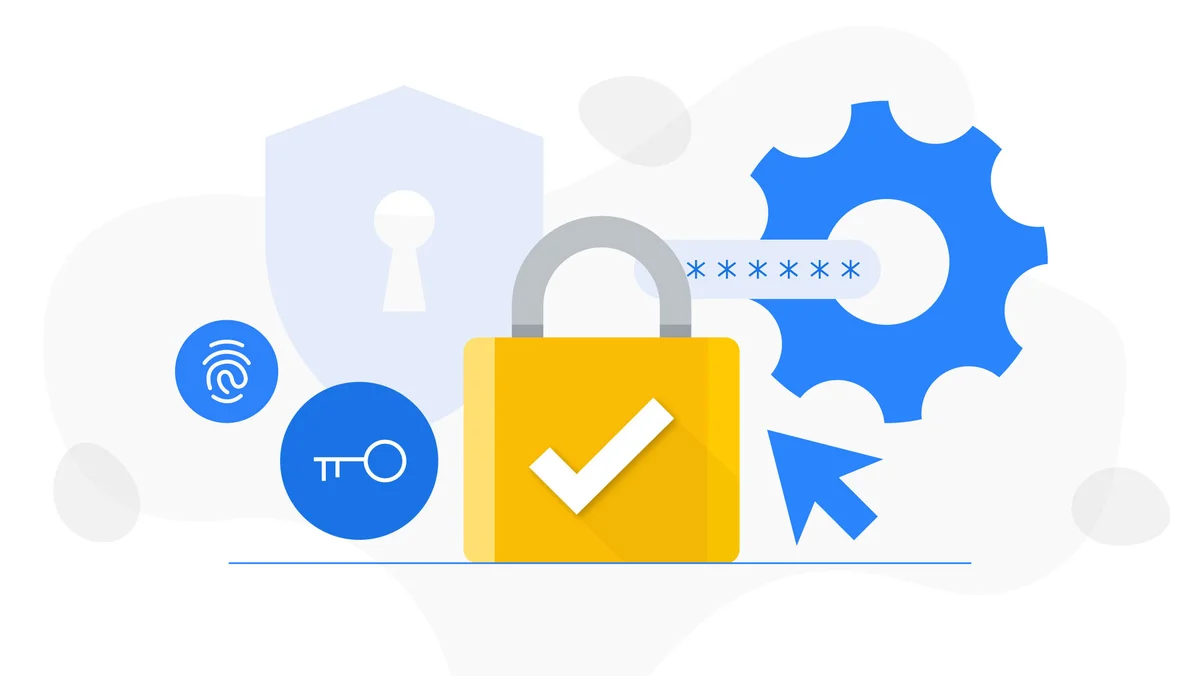Shop At Haya: Your Ultimate Shopping Guide
Discover the best shopping tips, trends, and deals for a smarter buying experience.
Phishing for Trouble: Why You're the Biggest Bait
Discover why you may be the easiest target for cybercriminals and learn how to protect yourself from phishing scams. Don't be the bait!
Top 5 Phishing Techniques and How to Recognize Them
Phishing attacks continue to evolve, preying on unsuspecting internet users. Understanding the most common phishing techniques is crucial for safeguarding your personal information. Here are the top five methods you need to watch out for:
- Email Phishing: This classic method involves sending fraudulent emails that appear to come from reputable sources, tricking individuals into revealing sensitive information.
- Smishing: A variant of phishing, smishing utilizes SMS text messages to lure victims into providing personal information or clicking on malicious links.
- Vishing: Voice phishing, or vishing, occurs over the phone, where attackers impersonate legitimate organizations to extract confidential data from targets.
- Clone Phishing: In this method, attackers create a nearly identical copy of a previous legitimate email and replace the attached link or document with a malicious one.
- Business Email Compromise (BEC): BEC exploits the trust and relationships between businesses and their clients or vendors by sending fraudulent emails that appear to be from trusted sources, often leading to financial loss.
Recognizing phishing attempts is key to avoiding their traps. Here are some effective ways to identify these deceitful tactics:
- Check the sender's email address carefully for any anomalies.
- Look for generic greetings; legitimate companies often use your name.
- Be cautious of urgent or threatening language that pressures you to act quickly.
- Inspect hyperlinks before clicking by hovering over them to see the actual URL.
- Don’t provide personal information unless you have verified the source unequivocally.

Is Your Information Safe? Understanding the Dangers of Phishing
Phishing is a deceptive practice that seeks to acquire sensitive information, such as usernames, passwords, and credit card details, by masquerading as a trustworthy entity. Cybercriminals often use email, social media, or instant messaging to lure victims, enticing them with false claims and urgent calls to action. For instance, they might send a message that appears to be from a legitimate bank, urging the recipient to verify their account details through a seemingly official website. This can lead to significant financial loss and identity theft if the unsuspecting user falls for the trap.
To safeguard against phishing attacks, it's essential to implement a vigilant approach. Here are some effective strategies to enhance your online security:
- Always scrutinize the sender's email address and look out for misspellings or unusual characters.
- Avoid clicking on links or downloading attachments from unknown or suspicious sources.
- Enable two-factor authentication on your accounts for an added layer of security.
- Educate yourself and others about the signs of phishing, as awareness is the first step toward prevention.
What Makes You the Perfect Target for Phishers?
Understanding what makes you the perfect target for phishers is crucial in today’s digital landscape. Phishers often take advantage of individuals who exhibit certain behaviors or characteristics, making them vulnerable to deceptive schemes. For instance, those who frequently engage in online transactions without proper security measures are prime targets. Additionally, if you often share personal information on social media or lack awareness about cybersecurity threats, you are more likely to fall victim to phishing attempts. Protecting yourself begins with being aware of these risk factors.
Another significant aspect is your email habits. Individuals who open unsolicited emails or click on suspicious links without hesitation can easily become casualties of phishing attacks. Studies show that those who are not cautious or who disregard red flags, such as poor grammar and unusual sender addresses, are often targeted more frequently. To reduce your chances of being a perfect target for phishers, it’s essential to develop a habit of critically assessing any communication you receive, especially if it requests sensitive information or urges you to act quickly.